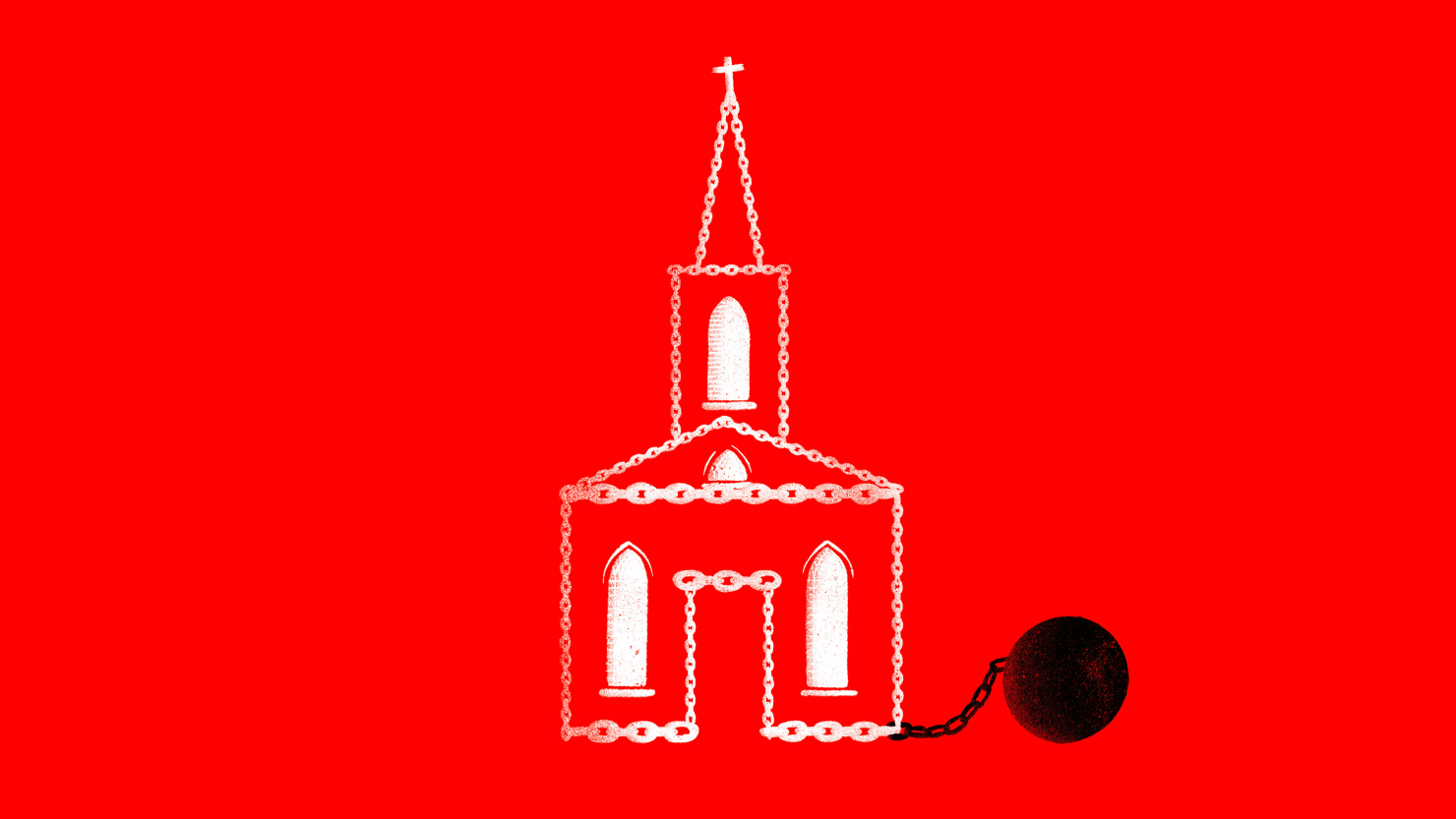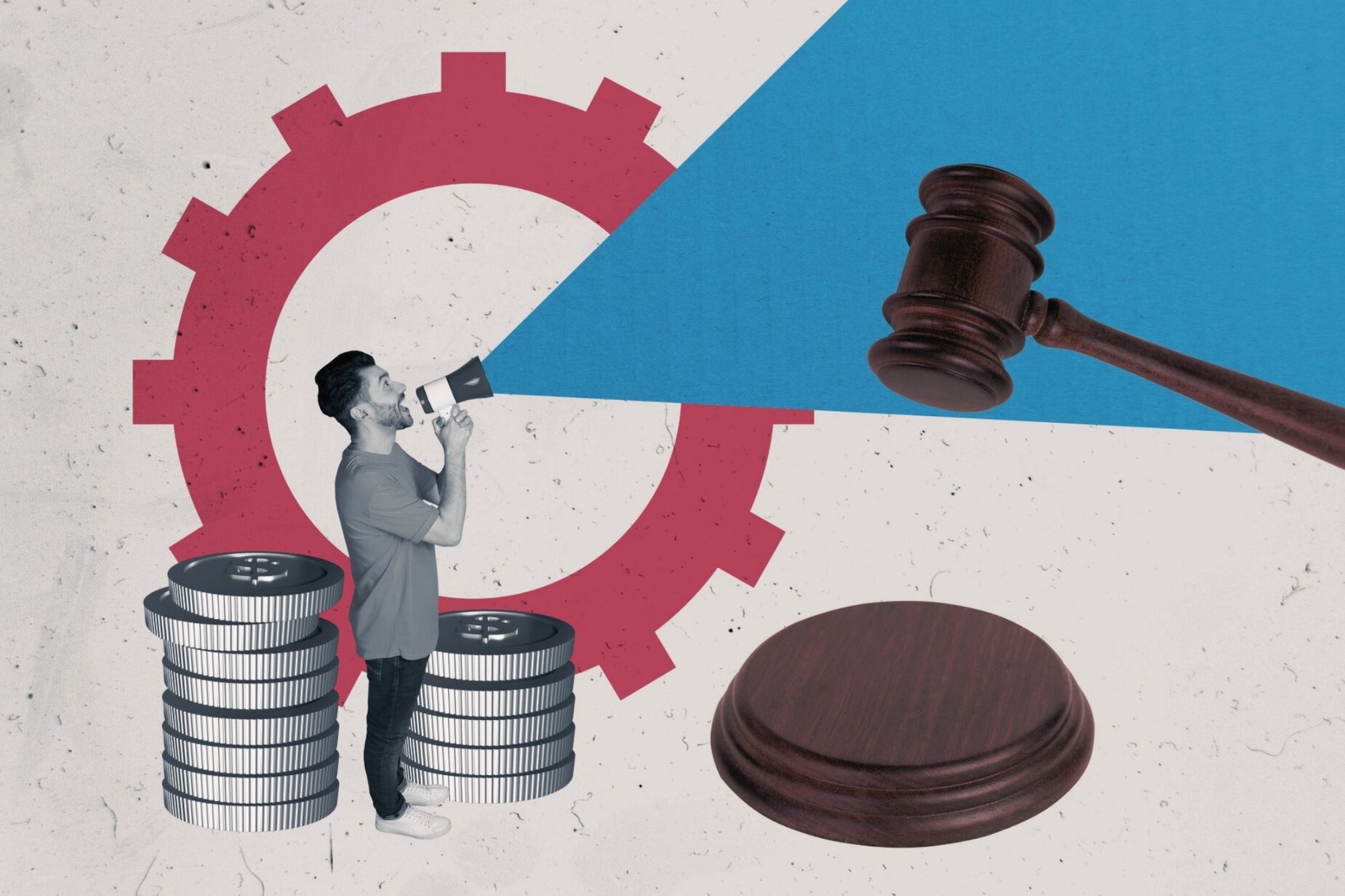Religious leaders in Boston have rallied together to demand reparations for Black Americans, including a call for $15 billion from city authorities and white churches to help bridge the equity gap and tell a story of enslaved people in the northeast “that is rarely talked about.”
In February 2023, Boston Mayor Michelle Wu appointed members who would be part of the city’s Reparations Task Force. However, last month the task force said it would not complete its work by the end of the year as originally planned and that an action plan is now expected “sometime in 2025.”
Boston is one of a number of U.S. cities, including Los Angeles, San Francisco, Detroit, and St. Louis, that is working to identify local ties to slavery and whether reparations are appropriate.
Arlington Street Church Rev. John Gibbons, a white community minister who leads a multi-ethnic congregation, says many people consider Boston to be “the Deep North,” a play on the racist ideologies of the Deep South.
“In New England, we don’t think of New England and the North as a place of slavery, and it did take a different form than it did in the South,” he told The Daily Beast. “But we’re uncovering more and more evidence of the ways in which all of the prominent families in the founding of Boston where most frequently engaged in slavery.
Craig F. Walker/The Boston Globe via Getty
“We’ve had truly segregated housing. We have virtually exclusively Black neighborhoods, virtually exclusively white neighborhoods and suburbs, and this was done deliberately through the real estate practices of blockbusting and redlining where Black families were given loans but only if they would buy in particular neighborhoods. This has had a devastating effect,” Gibbons said. “There are deep roots of racism in the North, and in Boston in particular.”
Boston People’s Reparations Commission Co-Director Edwin Sumpter, who shares the role with Heather Cook, said that Black Americans have given so much to the country but still suffer from the effects of enslavement and its aftermath with poor “housing, crime, joblessness, over policing, all the policing, health, environmental.”
“They ought to be willing to give back to those communities that have been so hurt by the fact that for the 300 years or so in the United States, Black people really got a low stock in terms of realizing the quote-unquote ‘American Dream.’ For so many years for us, it was an American nightmare,” Sumpter said. “Even after slavery ended in 1863, 1865, it was still another 100 years before the Civil Rights Bill was signed.”
He added that progress will be made when the Black community isn’t the last group to the table to discuss reparations.
“We’re the ones who reparations are going to impact. Without depending on the city to keep our community involved or engaged or educated on reparations… we just want to make sure that there’s some consistency going on… to whatever conclusion this all comes to.”
In 2022, Boston established that there would be a Reparations Task Force to study the “legacy of slavery in the city and its impact on descendants today,” according to the group’s website. But local leaders say the research is taking too long to show results.
“From my point of view… there needs to be more pressure for action and for moving forward and considering economic reparations in a variety of ways,” Gibbons said.
Gibbons says his social justice group, the New Democracy Coalition, helped push for the Bos














